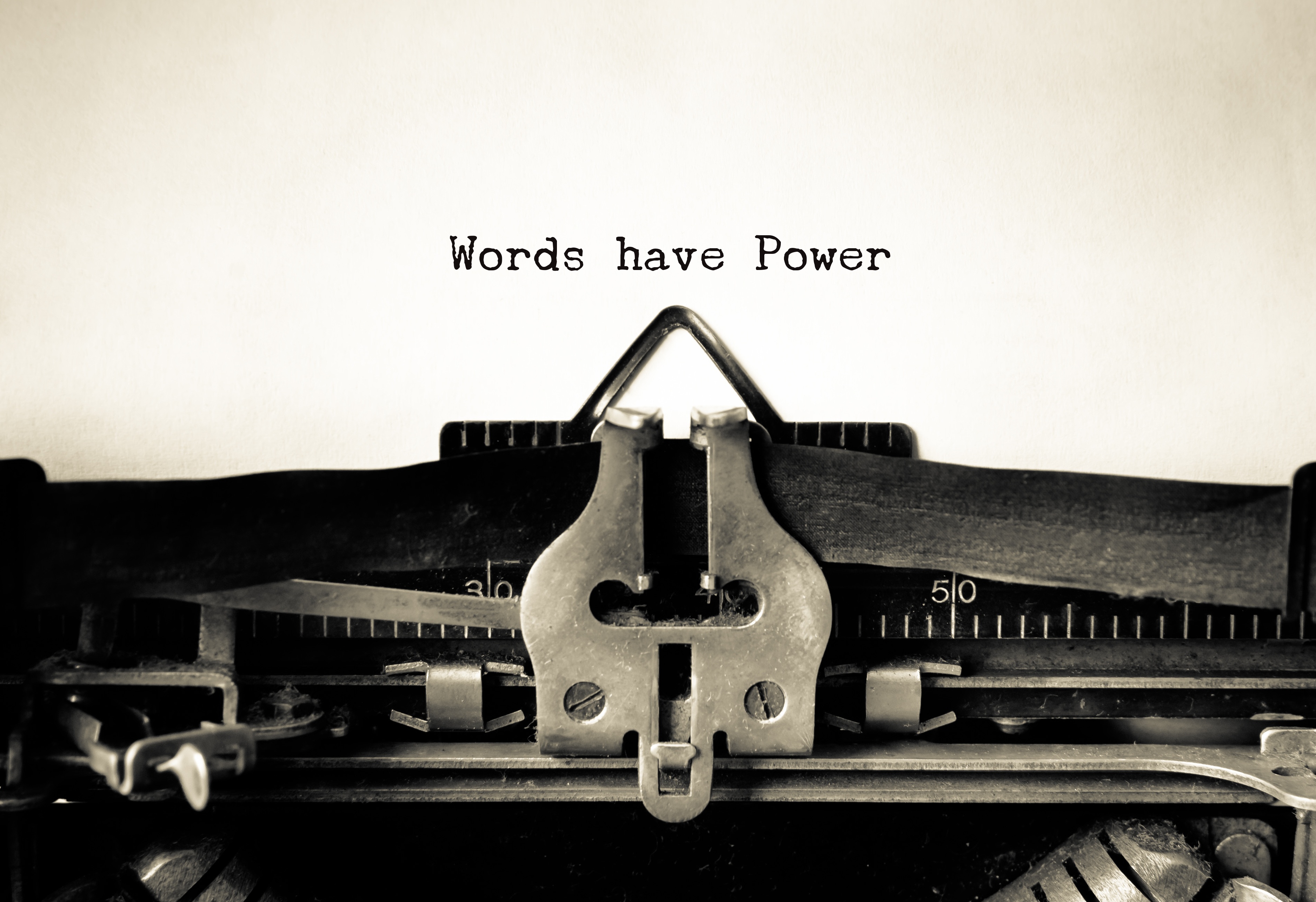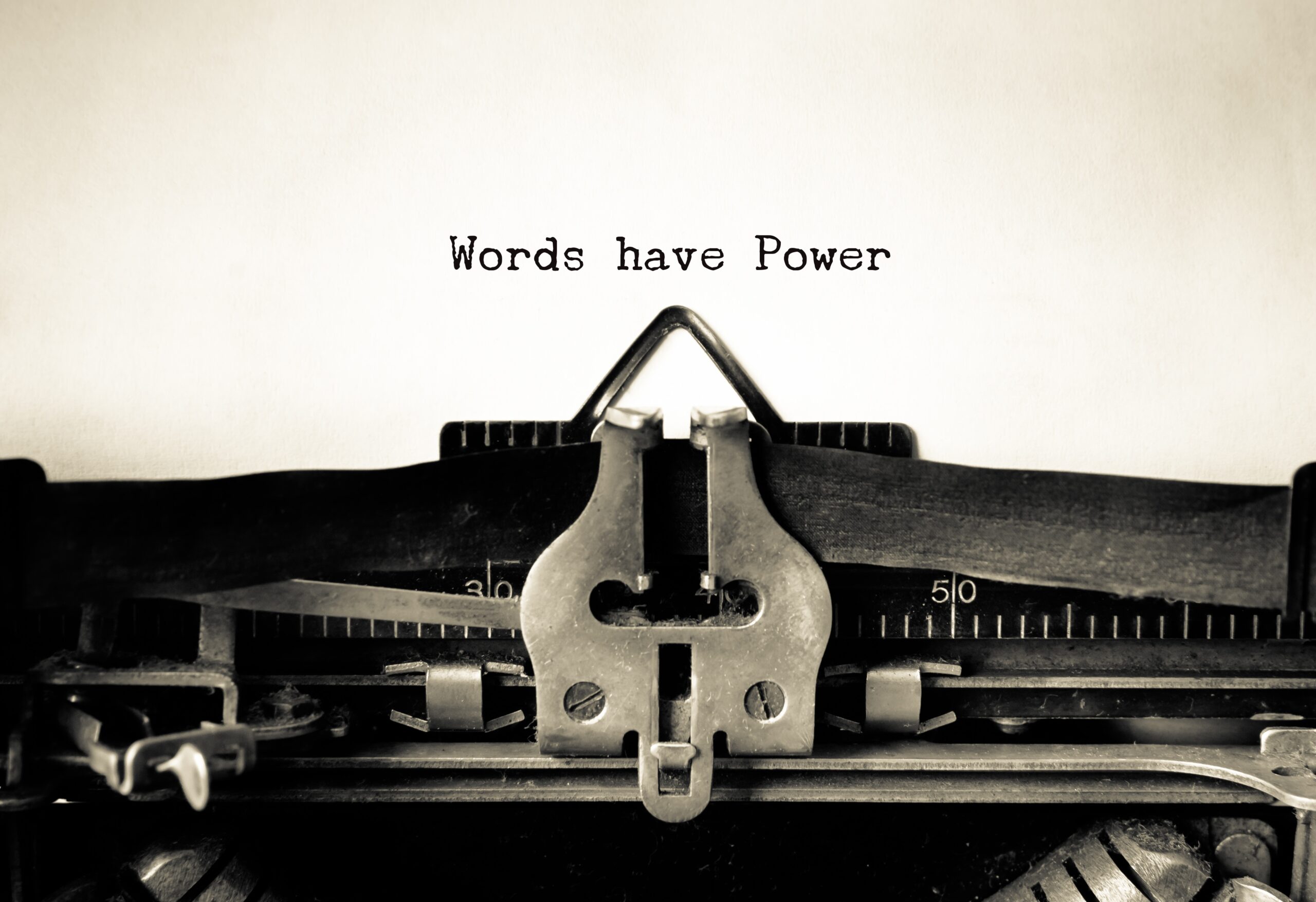
“Sticks and stones may break my bones, but words will never hurt me.” Ever heard these words of “wisdom?” Do you agree?
Not me, no way! I’m 100% certain that words makeallthe difference. In a world of tweets, Facebook, SnapChats, Instagram, and so many more instant social media platforms – words are flying everywhere!
“Words have energy and power with the ability to help, to heal, to hinder, to hurt, to harm, to humiliate and to humble,” says Yehuda Berg, international speaker and author. I agree wholeheartedly – words have power. As an educator, I recognize the importance of supporting students in building a vocabulary that helps them understand and actively engage in this world of powerful words.
From a social emotional development standpoint, teaching and learning is enveloped in vocabulary. Brain research and academic achievement show a strong correlation between vocabulary knowledge and reading comprehension, which means a focus on word knowledge is particularly important in any literacy program.
The question boomerangs back to you, the teacher of any content at any grade level: Do words matter? And even more importantly: If students come to school with a limited vocabulary, where else but in our classrooms, will they learn the educated vocabulary they need to be successful in life?
Hopefully your answer is:Right here, in this classroom, students can and will learn the words to be successful in school and in life.
So, how does this bold statement turn into action? Direct vocabulary instruction, of course! And where do we start to better support vocabulary development for all our students? Direct vocabulary instruction, of course!
Just in time for the new year, Learners Edge has added a course offering to help – check outVictorious Vocabulary Instruction for Remarkable Readingand you can begin the engaging and empowering work of helping all students build better vocabularies. Beyond a review of research, this course will guide teachers with strategic vocabulary instructional goals. Starting with simple literacy routines and progressing to a specific daily instructional framework, you can take steps to support all students with improvements in vocabulary development. From gifted to non-English-speaking students to all readers and writers in between, vocabulary instruction provides powerful engagement and interaction with word-building which positively impacts learning of any content. Word power to the pupils!
{{cta(‘af5523ea-72b8-43b9-9c5f-bd1f4c728d32’)}}
***






